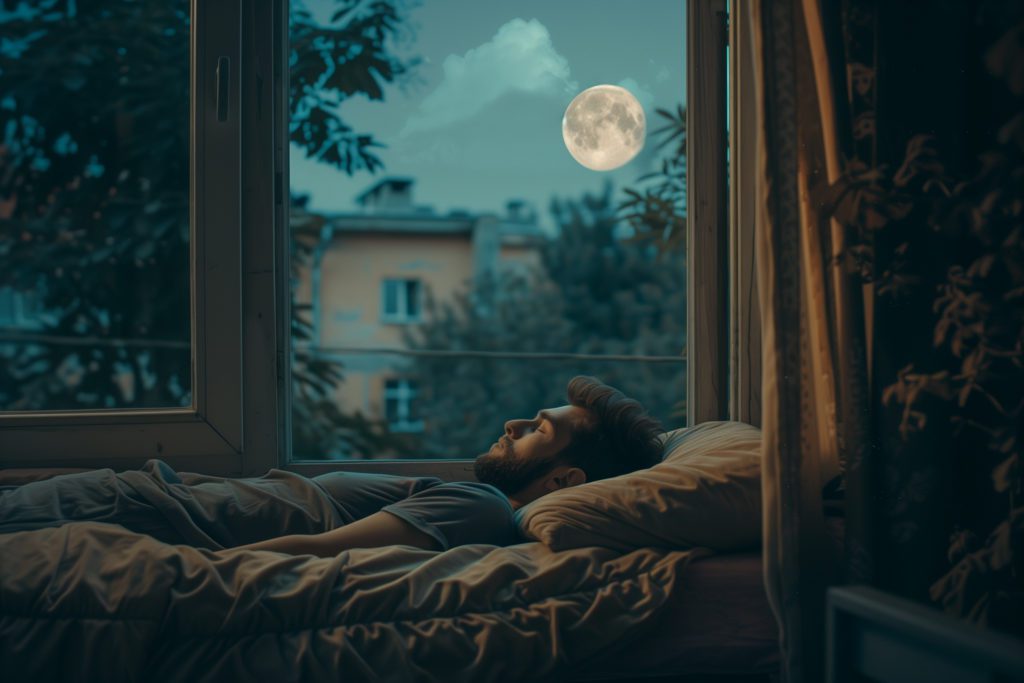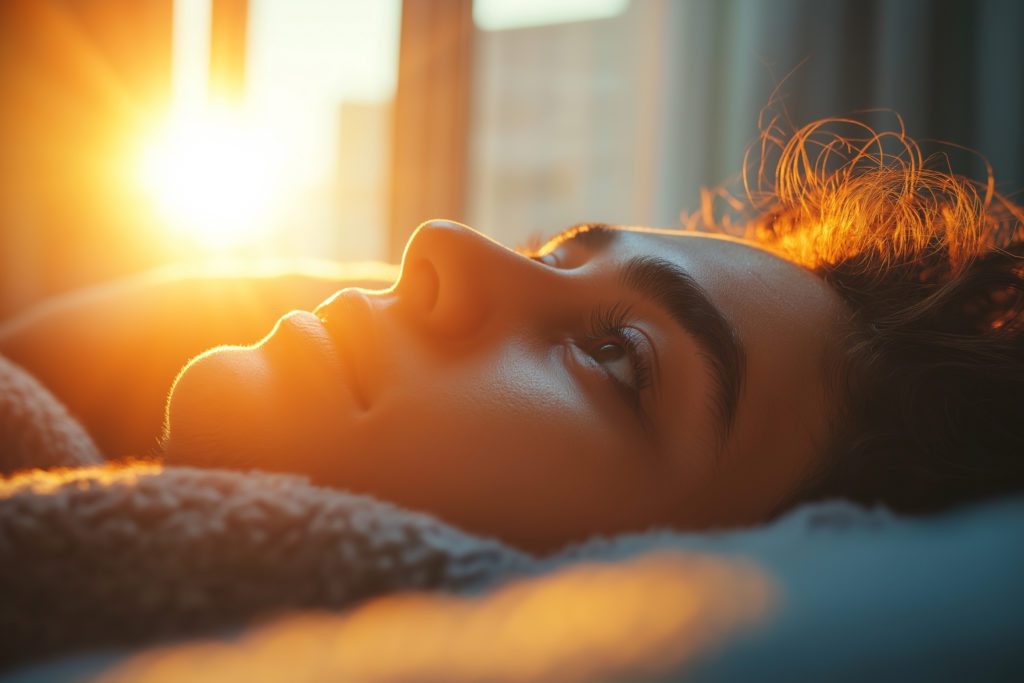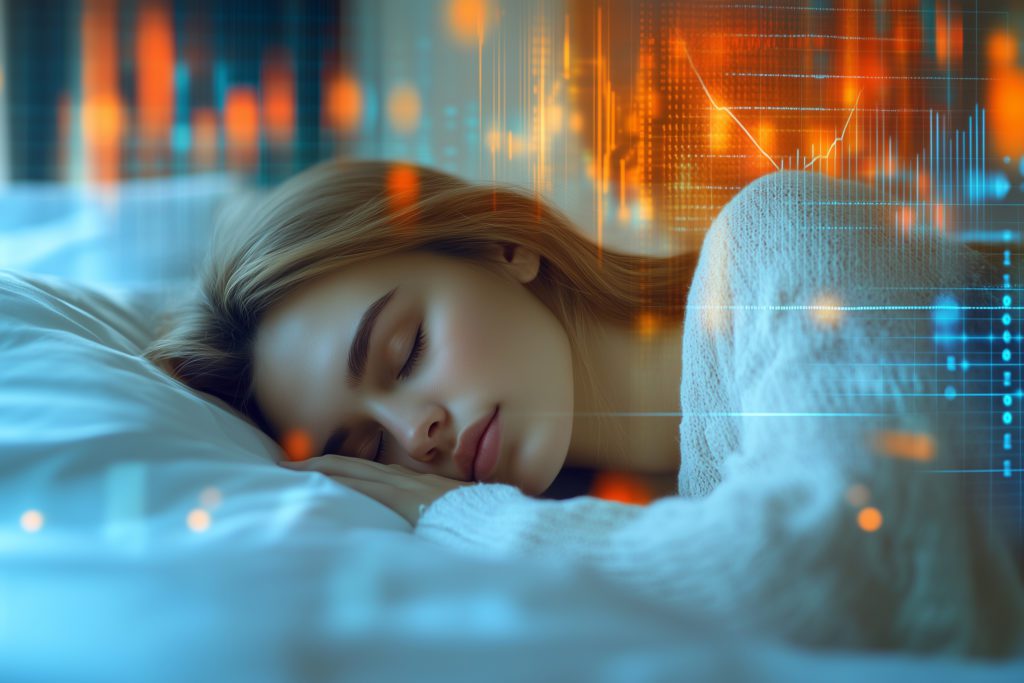
5 Trivia About Sleep That Will Surprise You!
Discover surprising sleep facts, from the impact of full moons to the role of sleep spindles. Test your sleep knowledge now!

How much do you know about sleep? Are you often reading journals about sleep health and discovering new facts about the importance of our rest? Do you consider yourself a sleep expert? Whether you know the basics or consider yourself the human equivalent of a trivia master, it’s time to put your knowledge to the test!
We’ve covered a lot of information here at Pillow, but today, we’re going to look at five trivia about sleep that you might be surprised by. From the impact of full moons to sleep paralysis, you’ll get to see just how much you know about sleep health. If you’re ready to get started, read on! Your first trivia question awaits.
Do Full Moons Actually Impact Our Sleep Duration?
For our first trivia question, we look at one of the most common beliefs among people: that full moons are associated with less sleep and odd, often spooky events. So, do full moons really impact our sleep? Is it really true that we sleep less on full moon nights? You might be surprised to find out that it is true: full moons are associated with shorter sleep duration.
A study on children around the world—from Australia to China to Finland to Kenya to the United States—shows that kids sleep on average five minutes less on full moon nights when compared to other days in the lunar cycle (Source: Frontiers in Pediatrics). While it is only 1% shorter than our usual sleep patterns, this still shows we’re impacted by the lunar cycle. Some studies assert that the lunar cycle has more of an impact on our well-being, but that’s a discussion that requires an entire article!
Is It True Some Have a Gene That Lets Them Function on Less Rest?
More likely than not, you’ve likely encountered someone in your life who tells you they can somehow make it on only five to six hours of sleep every night. You swear that this isn’t possible—after all, studies show that we need at least seven to nine hours of sleep per night. However, what if we told you that there was a short sleep gene?
A mutation called DEC2 is known for its ability to help the person who has this gene function on as little as six hours of sleep per night. So, it is true that some people actually have a genetic condition that helps them sleep less. To top it all off, research shows that they do not lose out on any critical REM sleep, so they continue to feel the same sort of rest that others do not have the DEC2 gene. With all that additional time to use, what would you do with the extra hours?
What Role Do Sleep Spindles Play in the Brain During Sleep?
Now, this one is a little more difficult than the others we have explored thus far. Do you know what sleep spindles are and what their function is? Well, for those who may not know, sleep spindles are bursts of brain activity that happen during non-REM sleep and can help with an essential function within our brain. It’s not dreaming. Do you have any guesses?
Sleep spindles help with memory consolidation, which is an essential task while we rest. While we’re dreaming about whatever ideas come to mind during our rest, sleep spindles are responsible for transferring our short-term memories to our long-term storage so that we don’t miss out on crucial events in our life—no matter how minuscule they may seem (Source: Physiological Reviews). More interestingly, how dense our sleep spindles are actually indicates our intelligence and cognitive health, too.
What Are the Common Triggers of Sleep Paralysis?
Sleep paralysis is common, but many people aren’t very aware of what it is, how it happens, or how it can be treated. For those who may not know, sleep paralysis is when you wake up, and you’re conscious but unable to move parts of your body. You’re essentially paralyzed but awake, and it only lasts for a short duration typically. Do you know what triggers sleep paralysis?
It's expected that issues like sleep deprivation and irregular sleep patterns can lead to sleep paralysis, but you might also be surprised to find out that it is tied to conditions like post-traumatic stress disorder, stress, genetic predispositions, and even hypertension (Source: PubMed). Even alcohol use, narcolepsy, and obstructive sleep apnea can lead to sleep paralysis, so there are numerous explanations for this condition.
What is the Glymphatic System, and What Is Its Role During Sleep?
This last question is for the true sleep experts. The glymphatic system is an integral part of our sleep and something you may not have heard of yet. Any guesses? This relatively new area of focus for experts in the medical community is actually a transit passageway that moves metabolic waste out of the brain. The glymphatic system is responsible for helping your brain “detoxify.” Because the brain is one of the most metabolically active organs in your entire body, it’s vital that this occurs.
With a properly maintained glymphatic system, you can actually improve your brain health and encourage better rest. Think of it like the brain’s cleaning system. It’s your body’s way of taking out toxins and other unnecessary waste products while you’re resting and recovering. To help your glymphatic system, sleeping on your side is recommended, as well as prioritizing healthy, ample sleep overnight.
How Many Trivia Questions Did You Know the Answer To?
Some of these questions were tricky, but we hope that you learned something new! Finding out more about our sleep health and all the rare facts that experts have confirmed is key to ensuring we get enough healthy rest. As you continue your journey to better rest, don’t be afraid to read more, study the latest data, and connect with experts who can help you understand what all the research recommends we do for optimal health and wellness.

Written by
Marie Soukup
Marie Soukup is a seasoned copywriter, editor, and Integrative Nutrition Health Coach with a certificate from the Institute of Integrative Nutrition (IIN). With years of experience working with brands across diverse industries, Marie is passionate about holistic health and crafting compelling content.
Download Pillow
Get help
Press & News
Legal
Connect
X (Twitter)
Company
Copyright © Neybox Digital Ltd.



